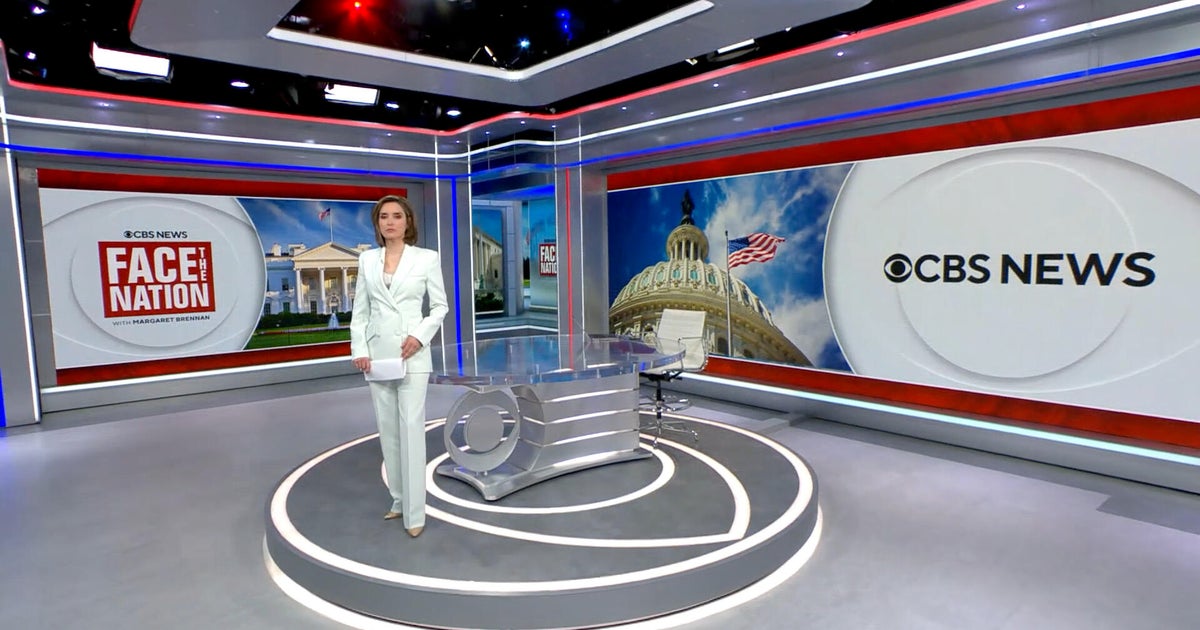In a historic and unprecedented legal maneuver, former President Donald Trump faces an indictment from a New York grand jury, marking the first instance in U.S. history where a president—current or former—has been criminally charged. The charges relate to a confidential payment made to an adult film actress during the 2016 presidential campaign, an affair that has stirred colossal implications for American politics, particularly as the nation approaches another electoral cycle.
The indictment centers around a $130,000 payment to Stormy Daniels, whose legal name is Stephanie Clifford. Daniels has publicly claimed that she had a sexual encounter with Trump in 2006, an allegation that Trump has consistently denied. According to the charges, the payment was made in the heat of the 2016 election campaign to prevent Daniels from going public with her story, a legal issue that has dogged Trump for several years.
Trump, in a fervent statement responding to the indictment, dismissed the charges as “political persecution” and decried them as “election interference at the highest level in history.” His statement lambasted Democrats, alleging that their fixation on undermining his political career has now culminated in an act of blatant misconduct by indicting “a completely innocent person.”
The process of bringing forth these charges was led by the Manhattan District Attorney’s Office, under the supervision of DA Alvin Bragg, who confirmed the indictment late on Thursday. This monumental legal action underscores a significant turning of the tides, given Trump’s historical semblance of invulnerability in the face of numerous scandals and accusations throughout his tenure in office and thereafter.
Trump’s indictment necessitates that he undergo formal arrest procedures and arraignment, akin to any other defendant, which symbolically represents a significant demotion from his prior status as one of the world’s most influential individuals. However, unlike typical defendants, Trump will be escorted by Secret Service agents throughout his court procedures. As of Thursday, it was reported that Trump was at his Mar-a-Lago estate in Florida, with representatives from Bragg’s office coordinating with Trump’s legal team to facilitate his surrender and schedule an arraignment date.
The news of the indictment, while shocking to some, was not entirely unforeseen. For weeks, political and media commentators speculated the likelihood of charges being levied against Trump, as the Manhattan grand jury thoroughly reviewed the evidential basis surrounding the payment to Daniels.
The implications of this legal development are profound, as it injects a new layer of complexity into Trump’s ongoing campaign for the upcoming presidential election. The indictment not only challenges Trump’s legal standing but also has potent ramifications for his political image, as he positions himself once again as a formidable candidate.
Moreover, the case is likely to ignite a storm of media coverage and public discourse, polarizing opinions across the political spectrum. Supporters of Trump may view this indictment as a vindictive and unjust attack rooted in political rivalry, potentially strengthening his base by feeding into narratives of victimization and persecution by political adversaries. Conversely, his critics are likely to perceive this as a long-overdue legal reckoning that underscores the necessity of accountability, even for individuals in the highest echelons of power.
Navigating through these charges, the legal proceedings will be scrutinized under the national and international spotlight, offering a real-time portrayal of the rule of law in America, its robustness, and its impartiality in the face of political pressures and high-stake consequences.
As this legal saga unfolds, it will undoubtedly have ripple effects across various dimensions—legal, political, and societal. The full spectrum of the implications of this indictment remains to be comprehensively understood, as reactions continue to surface and the adjudicatory process progresses. This event marks a crucial juncture in U.S. history, and its outcomes may have a lasting impact on political accountability and the legal precedents concerning high-profile public figures.









